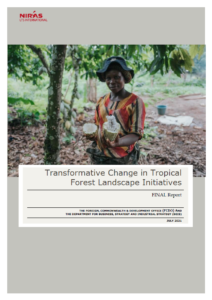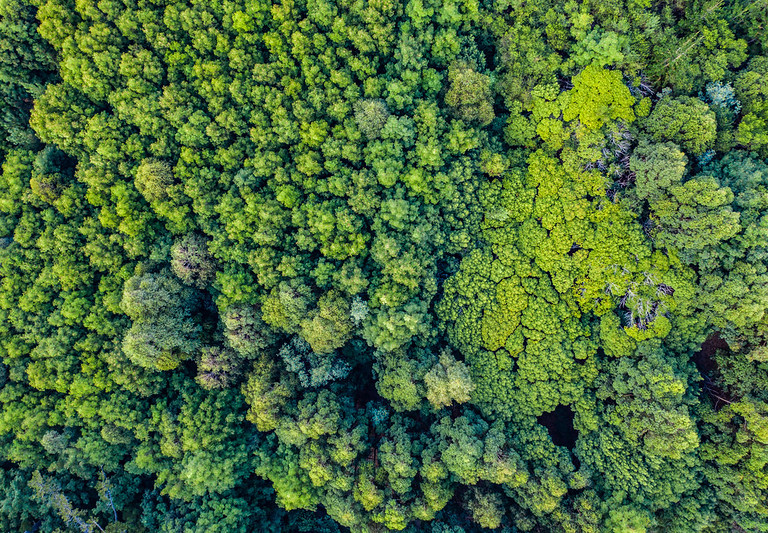This thematic study conducted by the Partnerships for Forests (P4F) Evaluation Manager (NIRAS-LTS International) explores the transformative change within a specific donor programme (P4F), providing a pragmatic framework to support learning to inform adaptive management through a series of learning loops.
Development actor ambitions increasingly seek to catalyse transformative change, to achieve more sustainable and inclusive change. To respond to growing climate, sustainability, and livelihood challenges in forest and land use sectors, development agencies have increasing ambitions for their programmes to achieve transformative not just incremental change and increasingly seek to engage the private sector to leverage scarce aid resources to catalyse ‘more inclusive growth across whole sectors’.
There are differing perspectives on and definitions of what constitutes transformative change, depending on knowledge, values, and perspective. For some, transforming markets towards environmental sustainability is the ambition; arguably others, such as those in the social and solidarity economy movement, seek deeper changes in the fundamentals of the economy. Practical approaches for assessing transformative change are needed by programme managers and donors.
P4F seeks to catalyse investment in business models for sustainable forests and land use. It has transformative ambitions: ‘We’re delivering significant results across our portfolio, contributing to a growing evidence base for our approach to creating transformational change within the forests and land use sector.’ An independent evaluative-learning team is providing the P4F programme with guidance on how to define, evaluate and learn about transformative change in forest-landscapes and sectors.
This report delves into how transformative change (i.e. change that is systemic in nature) is anticipated to occur due to programme interventions and draws on evaluative learning study findings (2019 to 2021) using a Transformative Change Framework. It explores what transformative change is and how to assess it, providing a methodology and empirical insights. The paper aims to inform the P4F programme, and also the UK Government (FCDO and BEIS), as well as the wider sustainable commodities and landscapes communities of practice. It provides an update on an initial briefing of 2020 based on baseline studies, to present the Transformative Change Framework, plus the findings from recent final assessments.
The report was completed in August 2021 is presented here to share findings and aid learning by others working in the same area as P4F.


